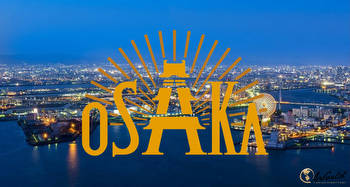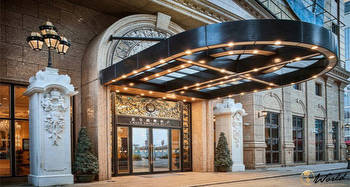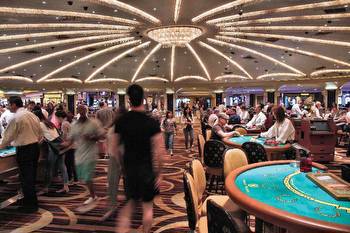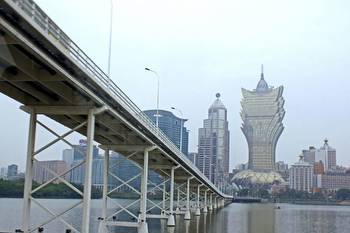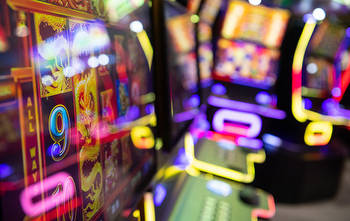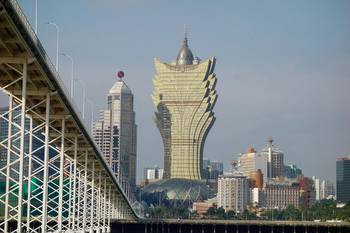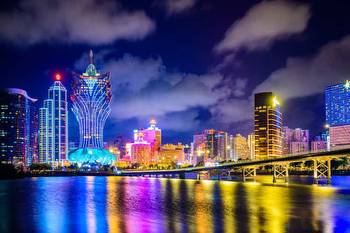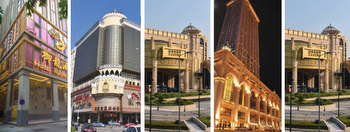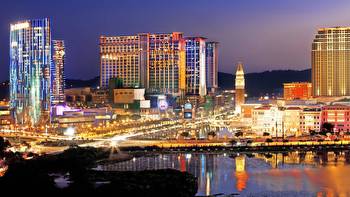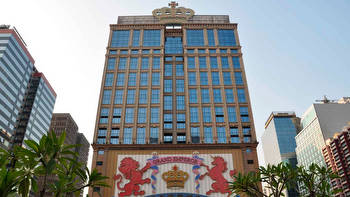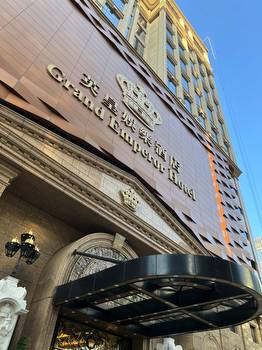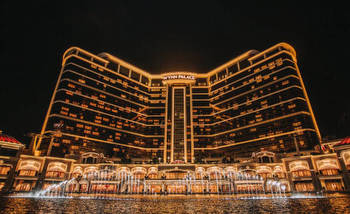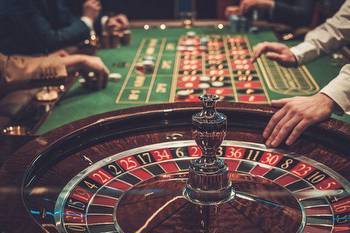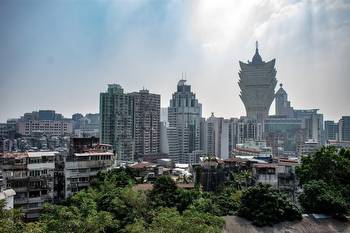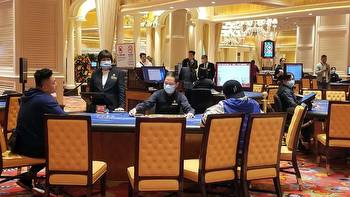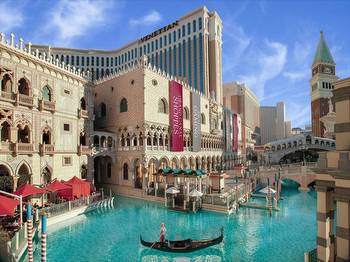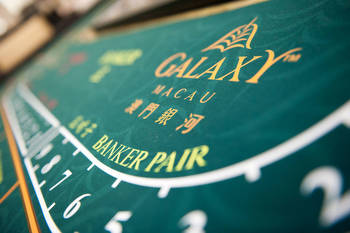Satellite casinos ‘fraught with opacity and undesirable business practices’, expected law changes necessary
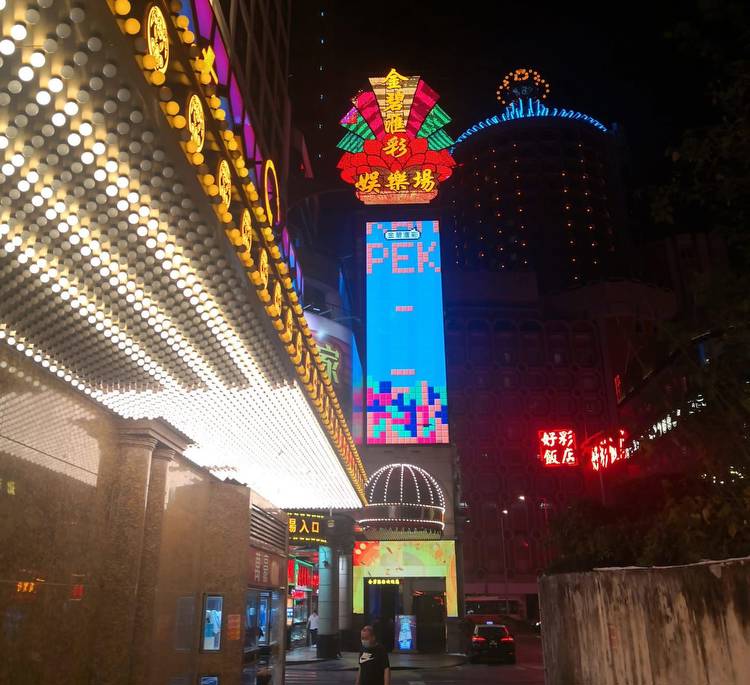
Macau satellite casinos are “fraught with opacity and undesirable business practices” and the closure of the sector’s regulatory loophole” in the future amended gaming law will provide more “transparency, legal certainty, and full oversight of the city’s gaming industry”, a gaming researcher from the Macao Polytechnic University states in a new paper.
The argument is made in a review paper on Macau Satellite Casinos set to be published in the forthcoming issue of the Gaming Law Review and written by Professor Ryan Ho Hong Wai, a lecturer at the Centre for Gaming and Tourism Studies of the Macao Polytechnic University.
The paper examines the gaming policy, regulation, and operation of the satellite properties in Macau, with research mainly conducted during the second half of 2018 and late 2021.
‘Satellite casinos’ usually refer to any specific gaming establishments that are technically operated by sub/concessionaires but owned and promoted by third parties who are also involved in the day-to-day casino management.
The economic rationale for such “casino franchises” held by concessionaires was to expand market reach and spread operational risk.
“By ‘franchising’ their sub/concessions to third parties, sub/concessionaires can rely on service providers and their social networks to reach a diverse pool of patrons they might otherwise miss,” the paper notes.
Currently, there are 18 operational satellite casinos among a total of 40 casinos in the territory, with 14 of these third-party promoted casinos running under the license of gaming operator SJM Holdings Ltd while the other four are linked to Galaxy Entertainment Group (GEG) and Melco Resorts and Entertainment Ltd.
Before the COVID-19 pandemic, just SJM’s 15 satellite casinos comprised a total of 130 VIP gaming tables, 808 mass-market gaming tables, and 1,031 slot machines 2019.
‘Most satellite casino owners are local and Hong Kong-based entrepreneurs, but their casino management experience and credentials have largely been unknown to the public,’ Ho notes in the review.
According to Ho, Macau satellite casinos are “fraught with opacity and undesirable business practices” and have long been seen as a “regulatory loophole” of the local gaming sector.
While gaming concessionaires as the authorized gaming operators, have to meet, inter alia, the regulatory requirements for their exclusive rights to operate casinos, including suitability, financial capability, and the obligation to execute an investment plan, the existence of satellite casinos creates a new tier not under the Gaming Inspection and Co-ordination Bureau (DICJ)’s direct oversight from a legal perspective, without a clear legal framework existing to regulate these ‘casino franchises’ under the current gaming control system.
“There have been no specific regulations governing their suitability, financial capability, casino experience, and other regulatory standards,” professor Ho added.
“Effective regulation of the gaming industry cannot be achieved without resolving the legacy issue of satellite casinos. The new gaming law is likely to dissolve the deep-seated satellite casino system and mark a turning point for any third-party involvement in casino gaming”
Under the draft bill after an initial three-year transition period, casino properties owned by independent investors would be either permanently closed or acquired by the six prospective concessionaires.
Chinese language newspaper Macao Daily News had reported on March 24 that seven satellite casinos are planning to stop operations by mid-year, due to the tightening of visa applications to Macau, lack of cash flow, and the negative impact of the repeated pandemic outbreaks.
Four of the casinos set to be closed were said to be linked to Chan Meng Kam’s Golden Dragon Group, while Emperor Entertainment Hotel Limited recently announced that the casino located in its Grand Emperor Hotel will cease operations as they will not renew the service agreement with gaming concessionaire SJM set to expire on June 26.
The article considers that satellite casino owners might seek to become minority shareholders by injecting their properties into one of the concessionaires-designate, while large-scale satellite casino groups might also bid for one of the six concessions alone or together with a consortium of other stakeholders.
Gaming companies such as Macau Legend, responsible for several satellite casinos at Macau Fisherman’s Wharf under SJM’s license, have already reinstated their intentions to apply for a license in the future gaming concession period
However, the researcher warned that local authorities should still clarify the relevant legal and technical issues arising from the complexity of this casino partnership proposed, such as the ownership issue.
“One obvious question to be considered is whether a casino property must be wholly owned by the concerned concessionaire, or whether there is a distinct possibility for other types of ownership for the premises on which a casino is operated, including regular subsidiary (more than 50 per cent), joint venture (50 per cent), associate company (20–50 per cent), or passive equity investment (less than 20 per cent),” he notes.
The concept of “management company” in the gaming law is another issue, which under the draft law subject to obtaining government approval, can operate casinos on behalf of the concessionaires.
Therefore a management company is not simply a gaming service provider but an authorized administrator with the power to operate casinos in its own right and even assume the management of the concessionaire.
“With such casino management arrangements, the management company can legitimately claim the status of a gaming operator. This provision has never been invoked as this might demolish the city’s concession system for casino gaming,” the paper underlines.
“It remains shrouded in doubt whether the government or the prospective concessionaires are willing to relinquish the exclusive rights to operate casinos and share the gaming profits”








